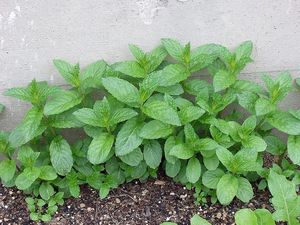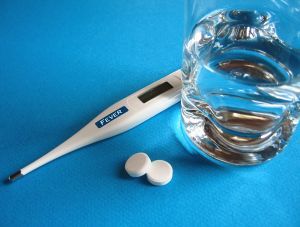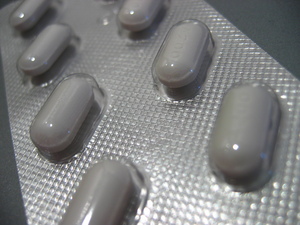Causes of Bad Breath
How many of us knowing bad breath is a turn off, before a date or important business meeting use one of the well known bad breath remedies such as peppermint sprays or breath freshening sweets? Bad breath, or as it is medically known, halitosis, is a common problem, affecting 40 million of us a year. Factors causing bad breath can be from things like bacteria in the mouth, sinus or throat infections, tobacco and alcohol use, stomach and intestinal disturbances and medical conditions.
1. Consuming alcohol can dry the mouth and cause digestive problems which lead to bad breath.
2. Stress and dieting can contribute to poor digestion and bad breath.
3. Not getting enough water can lead to dehydration and dry mouth.
4. Do you have allergies? Sinus or tonsil infections can create excess bacteria resulting from bad breath emanating from the back of the throat.
5. Medical conditions such as diabetes, respiratory disorders, kidney or liver malfunction, gastroesophageal reflux, hypoglycemia.
6. Eating foods such as garlic, onions and certain spices can potentially be the cause of halitosis.
7. Poor digestion, constipation, or bowel disorders can create gas which exits the mouth.
8. Dental problems such as periodontal disease and tooth abscesses can harbor large quantities of bacteria from infected areas of the mouth.
How Can You Tell If You Have Bad Breath?
1. Cover your mouth and exhale through your mouth and inhale through your nose.
2. Licking your wrist. Wait about five seconds or until the saliva begins to dry somewhat and then smell it. What does it smell like?
3. Grab a spoon. Turning it upside down, use it to scrape the back portion of your tongue. Wait about forty-five seconds and take a whiff. Depending on how it smells, this is what others may be smelling.
4. Ask someone close to you (who will give you honest feedback) to tell you if you have bad breath.
5. Visit your dentist and they can test for halitosis with a halimeter.
Bad Breath Remedies
There are some things you can do to minimize problems with bad breath. Insuring that you drink plenty of water (drink 6-8 eight ounce glasses of water a day) throughout the day can help to control bad breath. Rinsing can partially remove the bacterial waste products that are the cause of breath odors. Brushing after meals can help to keep bacteria from forming. Don’t forget about the brushing the tongue. Most of the bacteria is on your tongue. Investing in a tongue scraper is a good idea or a cheaper way is using a plastic spoon. When scraping the tongue, try to get back as far a possible (this may cause a gag reflex). Scrape lightly to the tip of the tongue. Here are some home remedies I found from . Try them out and see if these help.
1.Take a tablespoon of apple cider vinegar just before each meal. You may want to take it in a glass of water. This will aid your digestion.
2. Brushing your teeth with baking soda (or a paste made with hydrogen peroxide) will help reduce the acidity in your mouth and make a less-friendly environment for the bacteria to grow.
3. The sinuses can become infected and cause bad breath. If this is your problem, the best treatment is using hydrogen peroxide (H2O2). Use the drugstore variety, which is three percent, dilute it 50% with water and put five to ten drops in each nostril and sniff vigorously. It may burn a little. Do this twice daily and see if it helps. If it doesn’t, your sinuses are not the problem.
4. Gargling with salt water will help clean out bacteria, mucus and food particles on your tonsils or the back of your throat that may be causing your bad breath.
5. Natural gum made with spearmint or peppermint essential oils will also be helpful. These oils kill odor- causing bacteria, and the chewing action stimulates the production of saliva which helps combat bad breath.



